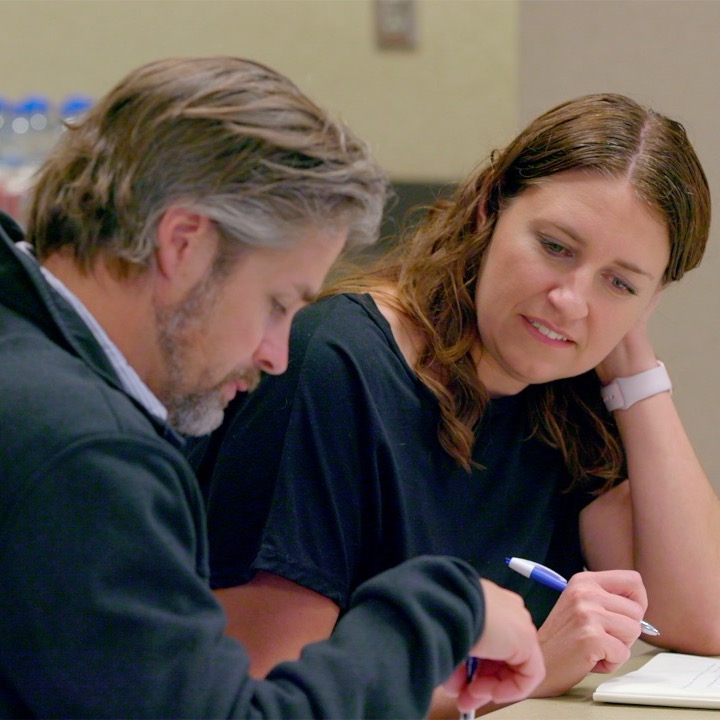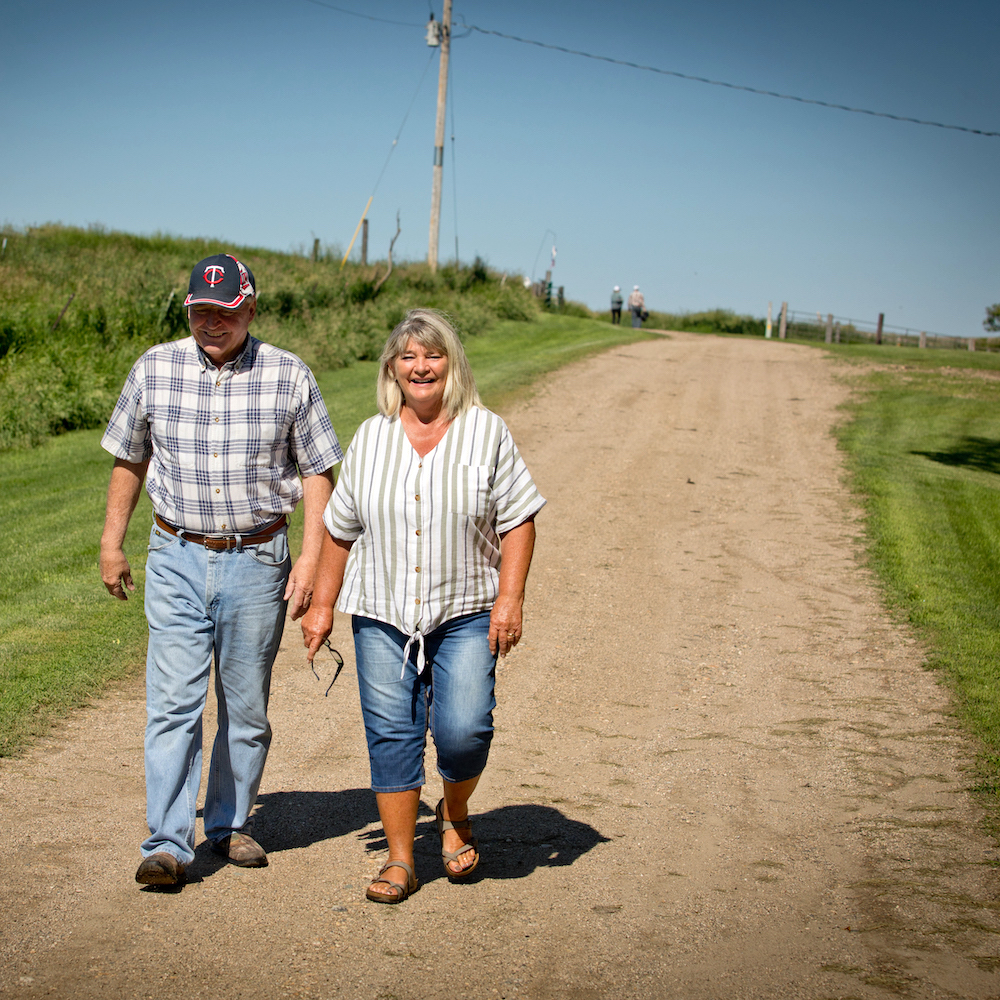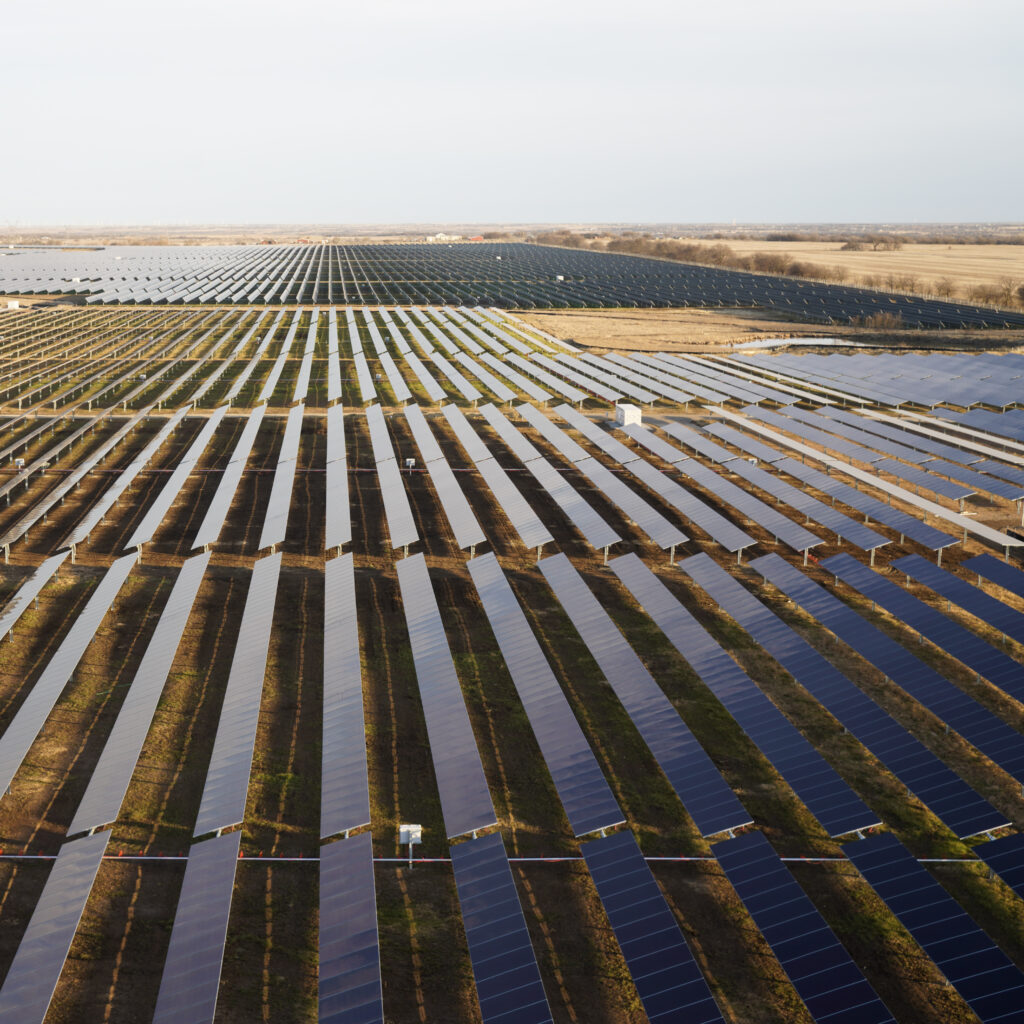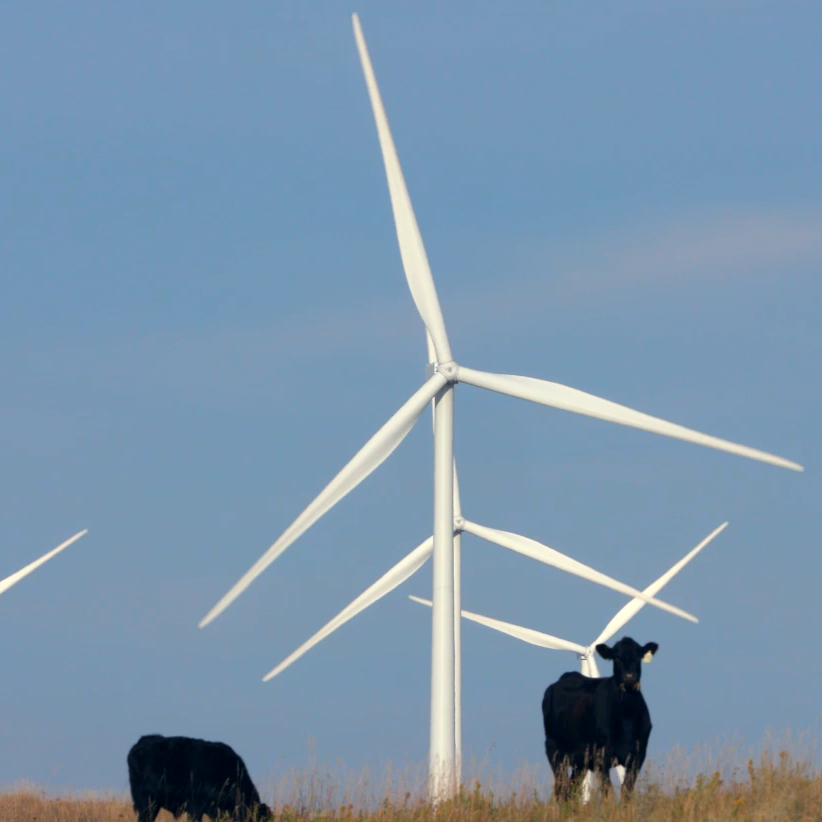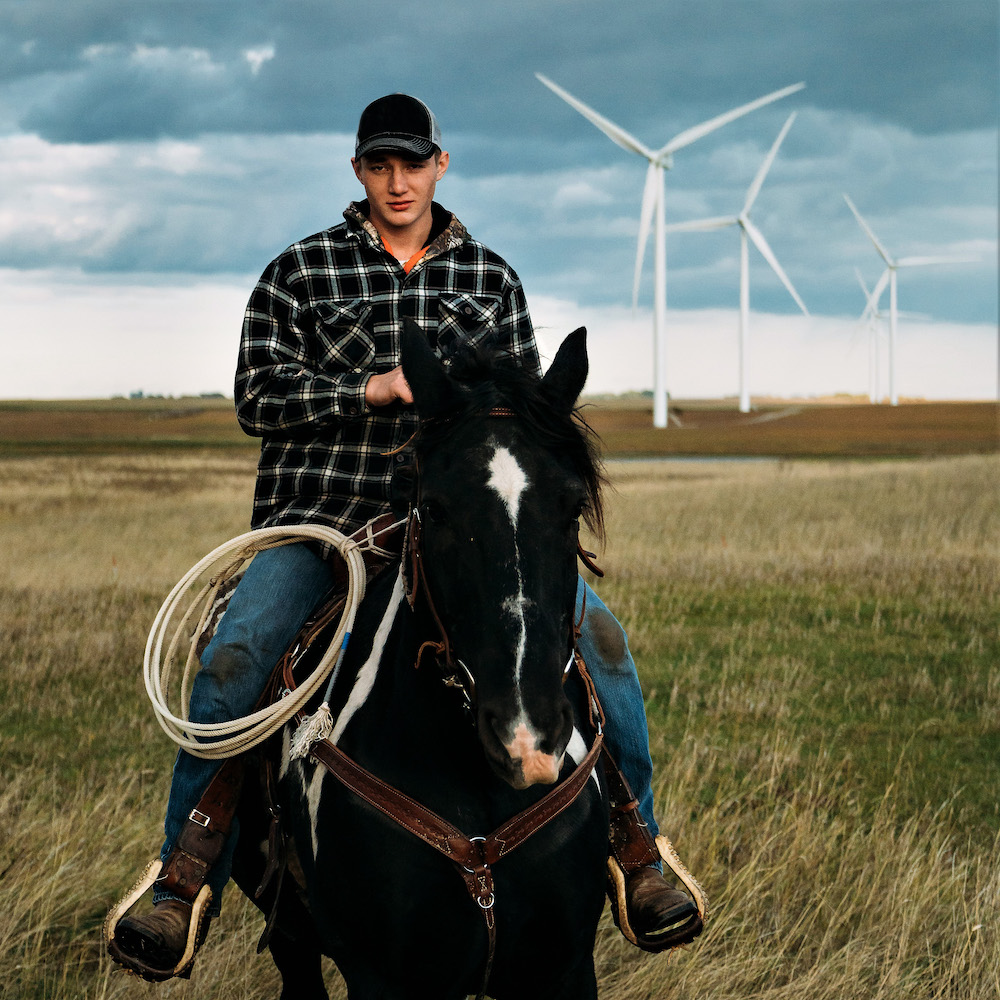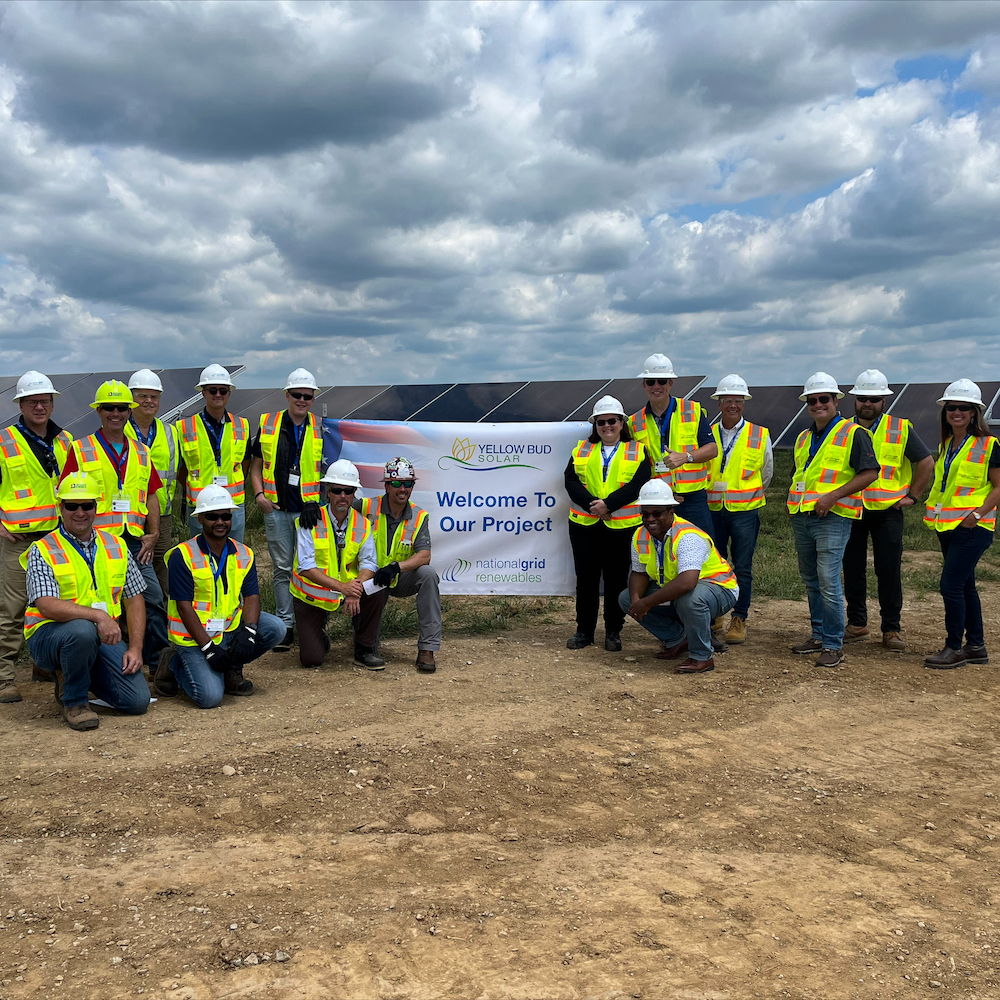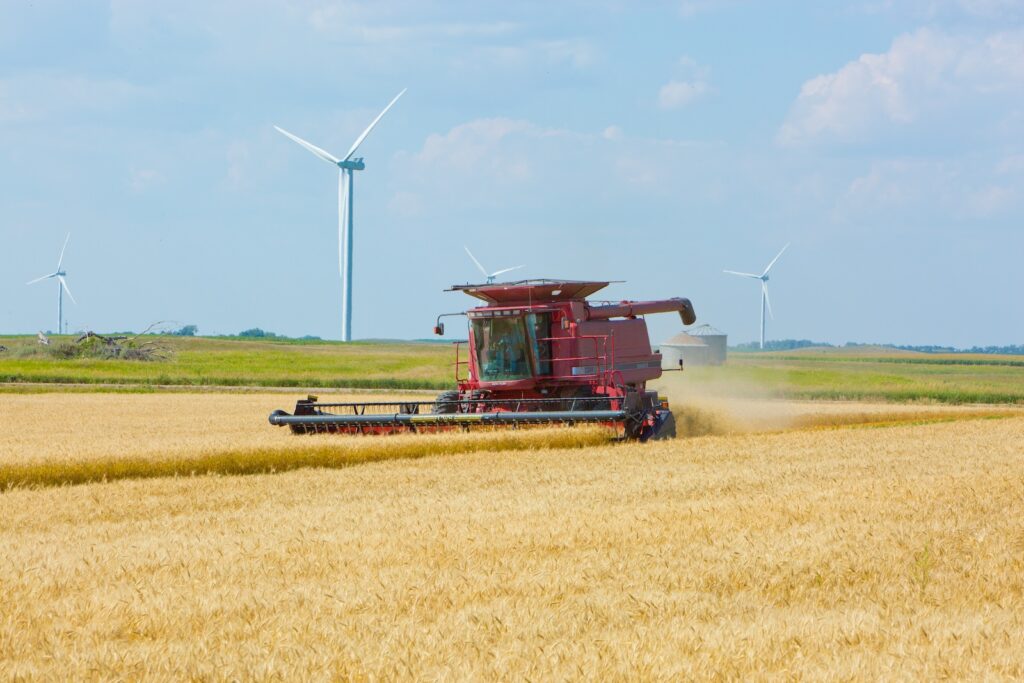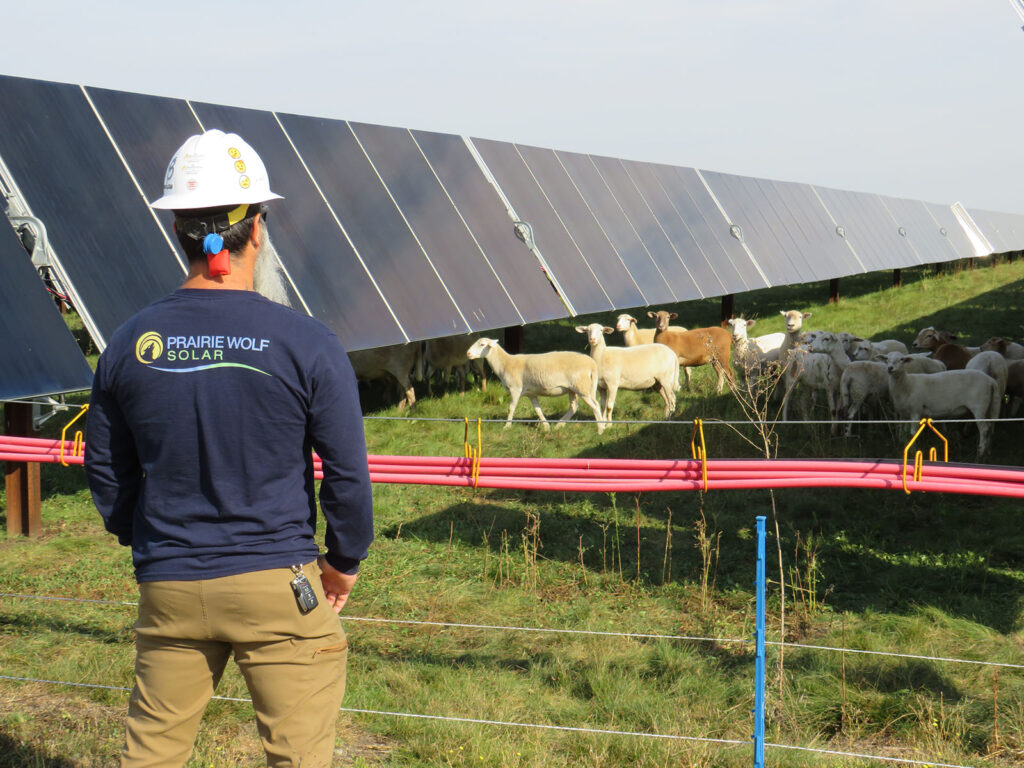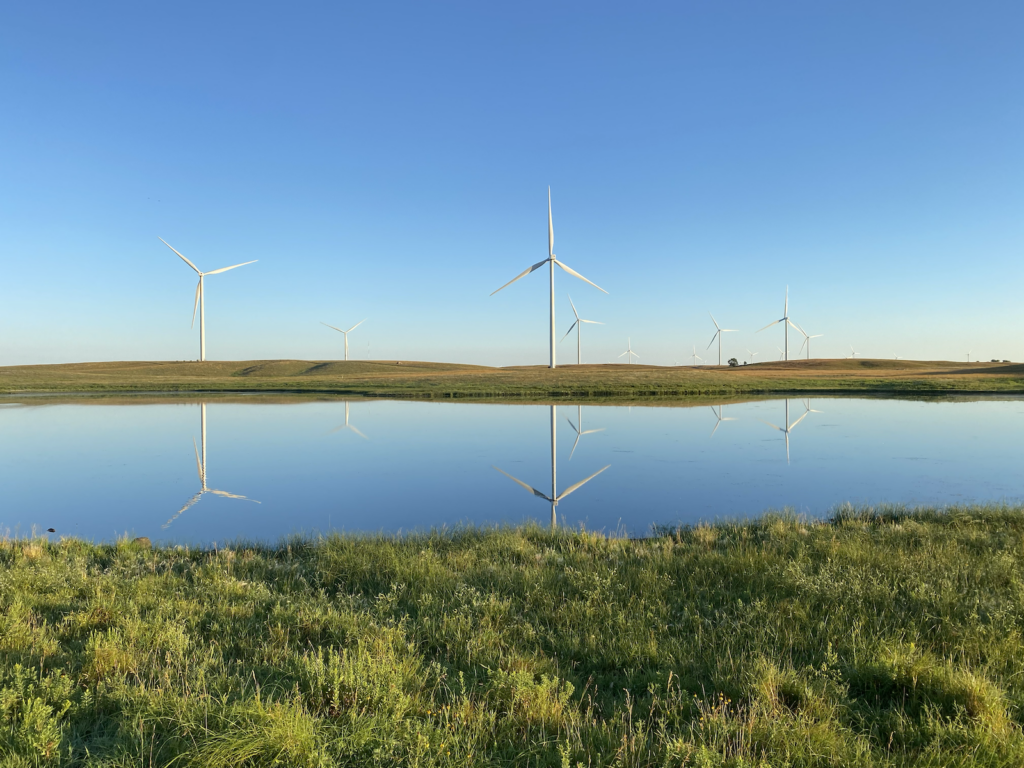About the Expert

Amanda Stallings,
Senior Policy Manager
Share This Article
The renewable energy space is growing and changing very quickly. In a previous blog, we talked about how policy and legislation around renewables are also evolving rapidly at all levels of government. Here is a perfect example: Michigan recently passed new clean energy legislation that includes forward-thinking policy aiming to put the state at the forefront of renewable energy development.
National Grid Renewables has several projects in development in Michigan, and we were honored to have state officials reach out to ask our policy team to be part of the collaborative effort of drafting and refining this groundbreaking legislation. Our team worked intensely over several months to gather input from all stakeholders, including local community members and trade associations. This culminated in two exciting nights where I was at the Statehouse until very late into the night, consulting on last-minute changes to make this bill the best it could be for all stakeholders.
What is the new legislation?
 In late November 2023, Michigan Governor Gretchen Whitmer signed a slate of bills that make a number of proposals from the MI Healthy Climate Plan into state law. The state has been thinking proactively about renewable energy transition—both how to set Michigan up as a leader in renewable energy development, and how to make homegrown energy that fully supports landowners and surrounding communities.
In late November 2023, Michigan Governor Gretchen Whitmer signed a slate of bills that make a number of proposals from the MI Healthy Climate Plan into state law. The state has been thinking proactively about renewable energy transition—both how to set Michigan up as a leader in renewable energy development, and how to make homegrown energy that fully supports landowners and surrounding communities.
This legislation included establishing a 100% clean energy standard goal by 2040 for all utilities that fall under the Michigan Public Service Commission, as well as updating the state’s energy savings and waste reduction (EWR) goals. To help meet these renewable energy goals, Michigan also passed a bill that supports a new, streamlined state-level permitting process. Under the new bill, solar facilities of 50 MW or more, wind energy facilities of 100 MW or more, and any energy storage facility with nameplate capacity of 50 MW or more and discharge capability of 200 MWh can now go directly to the state commission for construction certificates.
Taken together, Michigan state officials estimate these bills to reduce household utility costs by an average of $145 a year, create 160,000 new jobs in renewable energy, and bring almost $8 billion in federal support for Michigan clean energy projects. Governor Whitmer called it a “huge win for Michigan families, for Michigan businesses, and for future generations of Michiganders.”
Striking the balance: fostering economic development while protecting local interests
When Michigan state officials engaged us, they made it clear that they wanted to preserve local input on these projects. We went in-depth in our previous blog on why state-level permitting is often beneficial for all stakeholders. Renewable energy development is a benefit that supports entire communities, entire regions, and entire states, so it’s important to have a consistent and comprehensive process. There are a lot of moving parts, and evaluating projects requires multiple areas of technical expertise. This burden shouldn’t fall solely on local officials in the permitting process who may not possess the technical knowledge or the financial ability to hire someone that does.
For Michigan, the explicit goal of statewide permitting was to standardize and streamline the rules and procedures for renewable projects to receive a certificate for construction, so that renewable energy developers can follow a clear and consistent regulatory framework across the entire state.
I think the final bill does a great job of striking this balance. It creates consistency in the permitting process—while still maintaining local voices and community-level protections. For example, local governments can still elect to retain permitting authority if they pass their own ordinances that are compatible with mitigation measures that are outlined in the updated statute.
Sharing our community-focused experience to protect local interests
As a longtime member of the Michigan Energy Innovation Business Council (EIBC), National Grid Renewables had the opportunity to be involved with the draft legislation from the very beginning. Michigan House Majority Floor Leader Abraham Aiyash, the sponsor of the siting package, held a stakeholder meeting several months before the bill was passed, bringing a huge range of stakeholders to the table—from the Michigan Township Association and municipal officials, to county-level organizations, trade groups, and other special interest groups—to make sure all voices were heard.
One unique thing was that National Grid Renewables was one of a handful of developers that state officials engaged with specifically to help with fully considering and protecting landowner and community interests and concerns around site permitting. They recognized our experience working with communities to build these projects for more than two decades and our commitment to “do the right thing”.
We’re not naïve to community concerns. In fact, one of our most important development initiatives is to talk to non-participating landowners and community members. We ask what they want to see, what they’re concerned about, and how we can make a project most valuable for them. We want our projects to move forward, but we always want to be an asset to the community. We work with communities, and that means writing in lots of mitigation measures and community protections into our project agreements.
So, we were honored to bring all of our community-focused experience to help shape this new policy—and, in particular, to make sure the new permitting process created open paths for local voices to be heard, respected, and build comprehensive community protections into the standardized process.
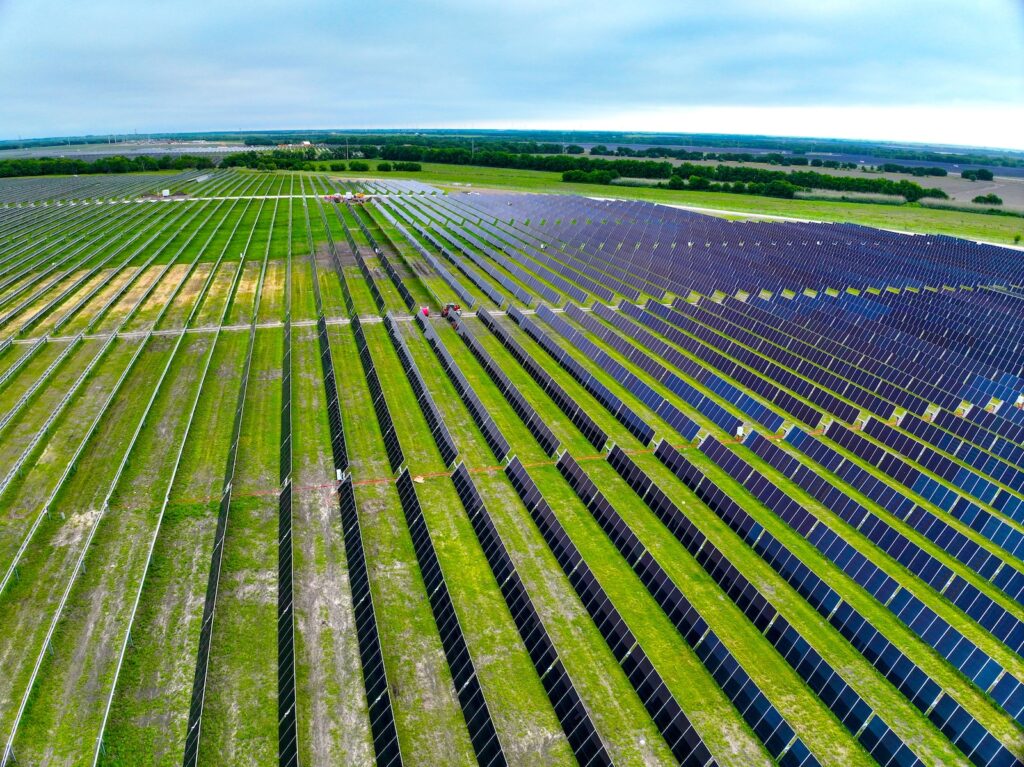
Shaping “do the right thing” into formal policy
National Grid Renewables was one of four renewable developers invited to the Michigan State Capitol on the night of the bill’s ultimate passage. I was on the house floor until the wee hours of the night two nights in a row, working to make final changes to create a bill everyone could feel good about.
These opportunities don’t come around every day, so everyone at National Grid Renewables was thrilled to be part of this; not only because we believe in the value of this kind of forward-looking policy—but also because we recognize the importance of good policy to strike that balance between allowing innovation and economic development while protecting the interests of landowners and community members. This is the delicate balance that we practice in the way we do business, and we want to help steer legislation that codifies a “do the right thing—for everyone” approach.

